
Can Ignoring Abnormal Symptoms Lead to Oral Cancer? 6 Warning Signs That Demand Early Check-Ups
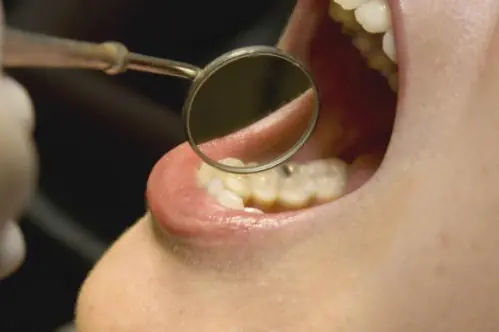
Have you ever dismissed bleeding gums as nothing more than a minor inconvenience? Do you often overlook recurring mouth sores, or feel embarrassed by persistent bad breath without seeking an explanation? What might seem like trivial issues can, in fact, serve as early warning signals of oral cancer.
The Hidden Threat of Enduring Symptoms
Oral cancer might sound like a rare or distant problem, yet it can quietly develop in our everyday lives. Unlike a minor irritation that fades away on its own, oral cancer can worsen if early signs are ignored. Many individuals who later face an oral cancer diagnosis have, at one point, chosen to “put up with” unusual symptoms rather than seek prompt medical advice.
Chronic irritation, prolonged inflammation, and unhealthy lifestyle habits can contribute to the development of this disease. When you experience persistent bleeding gums, recurring mouth ulcers, or other unusual oral symptoms, your body is sending out a red flag. Ignoring these signals only allows the underlying issues to progress, potentially leading to oral cancer.
Six Warning Signs You Should Never Ignore
1. Persistent Bleeding Gums
While a little gum bleeding might be attributed to minor gum irritation or early gum disease, frequent or heavy bleeding that is hard to control could be more concerning. Continuous bleeding might indicate underlying conditions that require further investigation, including the possibility of cancerous changes.
2. Long-Lasting or Recurrent Mouth Sores
It’s common for small mouth sores to appear and heal within 7 to 10 days. However, if a sore lingers for too long, recurs regularly, or shows no signs of healing, it may be a warning sign of oral cancer. Early evaluation by a healthcare professional is critical.
3. Persistent Foul Breath
Bad breath can often be brushed off as a temporary issue related to food or hygiene. Yet, if unpleasant breath persists despite rigorous oral care, it might be due to toxins released by abnormal cell growth in the mouth. Such persistent halitosis should not be ignored.
4. Unrelenting Dry Mouth
A constant feeling of dryness in the mouth, known as xerostomia, may be more than just an inconvenience. It can signal damage to the salivary glands, potentially caused by the early stages of cancer. If increased water intake doesn’t alleviate the dryness, it is wise to have it checked.
5. Unexplained Tooth Mobility or Loss
Teeth that suddenly become loose or fall out without any trauma may indicate that the supporting structures of the mouth are being compromised. This unexpected mobility can be a sign that underlying tissues are being affected by a malignant process.
6. The Appearance of a Non-Resolving Oral Mass
A lump or mass in the mouth that doesn’t diminish over time is one of the most direct warning signs of oral cancer. Any abnormal growth should prompt immediate medical evaluation to determine its cause and ensure early treatment if necessary.
Steps to Safeguard Your Oral Health
Preventing oral cancer is closely linked to maintaining excellent oral hygiene and making healthy lifestyle choices. Here are three essential strategies:
-
Maintain Rigorous Oral Hygiene: Brush your teeth at least twice a day, floss daily, and use a quality mouthwash to minimize harmful bacteria and prevent chronic infections.
-
Eliminate Tobacco and Limit Alcohol: Smoking, chewing tobacco, and excessive alcohol consumption are major risk factors for oral cancer. Quitting these habits and avoiding other irritants like betel nut can significantly reduce your risk.
-
Schedule Regular Dental Check-Ups: Regular visits to your dentist enable early detection of any abnormal changes in your mouth. Professional examinations can identify warning signs before they progress into something more severe.
Conclusion
Ignoring the small signals your body sends can have severe consequences. Recognizing and addressing these early warning signs through routine dental check-ups and healthy habits is key to preventing oral cancer. Don’t let minor symptoms slip by unnoticed—your proactive approach today could save your life tomorrow.
News in the same category

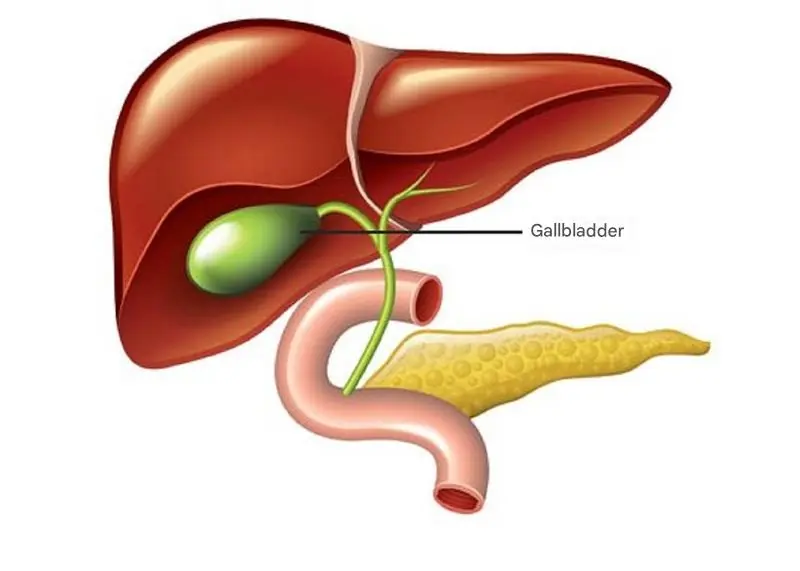
What Happens to the Body After Gallbladder Removal? 3 Diseases That May Follow – Avoid Surgery If Possible

The Habit of Eating Sweet Potatoes for Breakfast: 3 Amazing Benefits for a Healthier You!
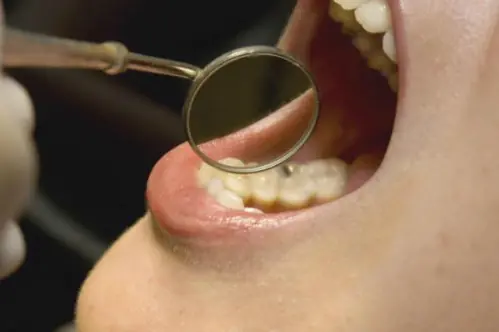
Can Ignoring Abnormal Symptoms Lead to Oral Cancer? 6 Warning Signs That Demand Early Check-Ups

When The Body Is Hungry Or Fasting It Starts A Process Called Autophagy Which Begins To Regenerate The Immune System
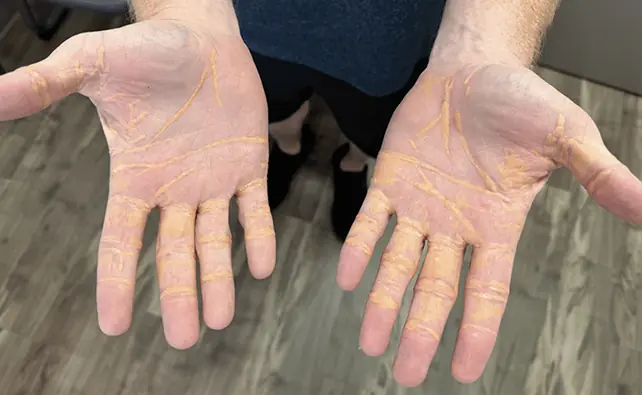
Man's Carnivore Diet Causes Strange Yellow Deposits on Skin Health

12 WARNING SIGNS OF A HEART ATTACK YOU SHOULD NOT IGNORE

Pope Francis in Critical Condition After Prolonged Respiratory Crisis: Sepsis Risk Threatens His Life

Three Types of Body Hair That Indicate Good Health in Women – The Unexpected Truth

Mulberries and Raspberries: Everyday Superfoods for Liver Health, Eye Care, and Kidney Support
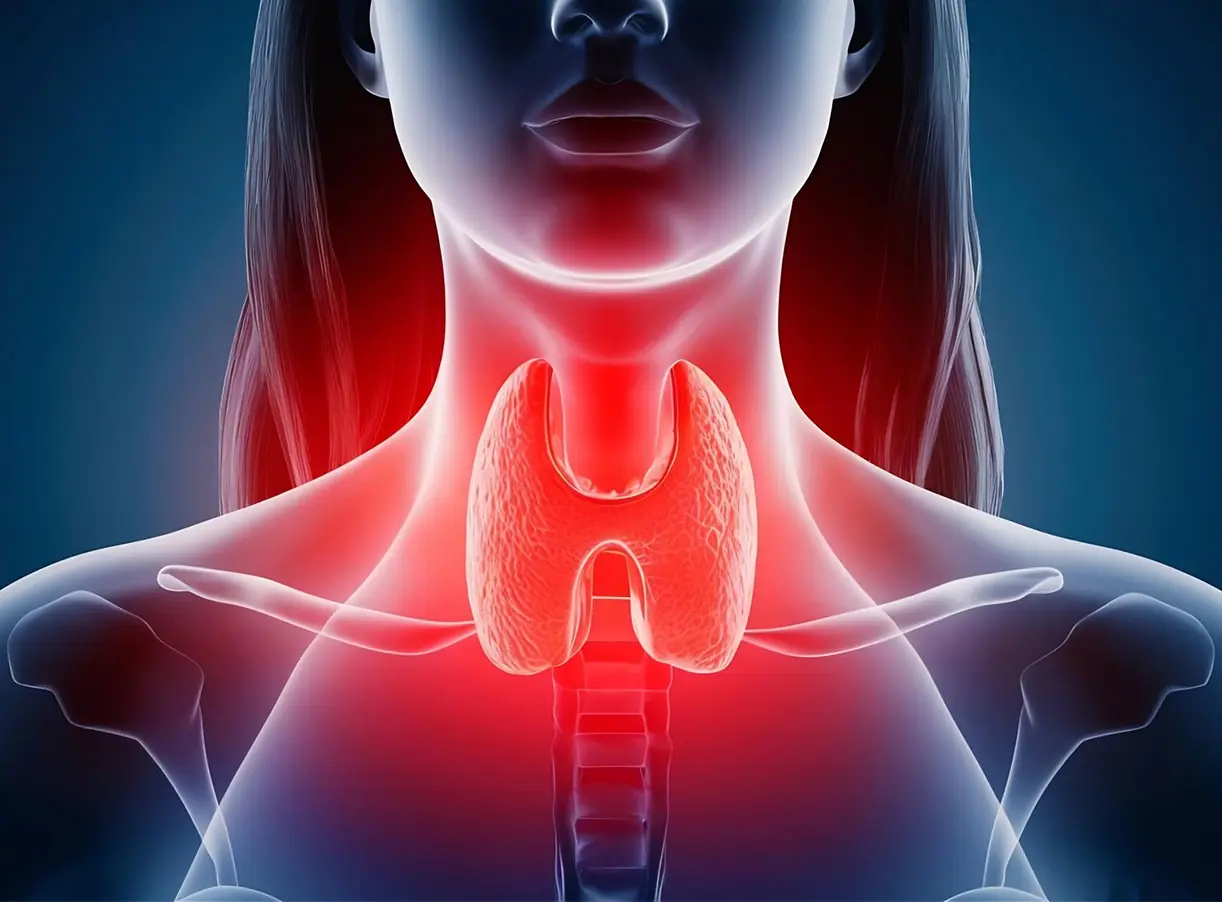
Should People with Thyroid Problems Avoid Soy? Warning: These 2 Supplements Could Accelerate Thyroid Cancer

Call to Stop Eating This – Worse for Your Bones Than MSG! Warn Your Family to Remove It from the Table
News Post

Pinto Beans, Green Chile and Beef soup

Cozy Chicken Vermicelli Soup Delight 🍜🥣

15 Breathtaking Natural Wonders of the USA – Must-Visit Destinations

10 Easy-to-Grow Houseplants – Bring Greenery and Fresh Air Into Your Home

Rise in Cancer Under 45: The Ultra-Processed Food Connection

The Ultimate Guide to Morel Mushrooms: Foraging, Cooking, and Health Benefits

Never Throw Away Basil Flowers: 5 Incredible Ways to Use Them

11 Powerful Health Benefits of Dandelion Roots

The Secrets of Companion Planting: Why Tomatoes and Cucumbers Don’t Get Along

How to Cut Your Winter Electricity Bill by 30% – Smart Savings for Every Household

Eliminate Dry Cough, Lung Phlegm, and Sore Throat Naturally

The Ultimate Morning & After-Meal Tea: A Health-Boosting Blend

What Kind of Hypertension Is the Most Dangerous? Doctor’s Reminder: Pay Attention to These Three Types – Which One Do You Belong To?

Sweet Potatoes: The Delicious Superfood You Need in Your Diet! 🍠💪

4 Types of Medications That Should Not Be Taken Frequently: They Weaken the Immune System

A survey of 260,000 people by Japanese researchers suggests that sweet potatoes are the best food to fight cancer. Is that really true?

Secret military drink for losing weight 20 kg in a month, quickly melts fat on the belly and body

Remove Anemia, Restore Your Vision, and Cleanse Your Liver!!!

Absolutely Avoid These 3 Types of Foods When They’ve Sprouted: Toxic Beyond Belief, Easily Causing Cancer
